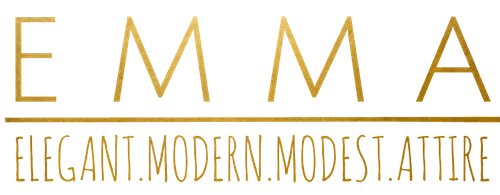Page Not Found!
Sorry about that, let’s keep you moving!
Take a look at our Best Sellers:
-
 Persian QueenEGP1,145.00
Persian QueenEGP1,145.00 -
 White MarbleEGP1,145.00
White MarbleEGP1,145.00 -
 Honey Blooms in ChiffonEGP775.00
Honey Blooms in ChiffonEGP775.00 -
 Graceful PassionEGP775.00
Graceful PassionEGP775.00 -
 Black EleganceEGP635.00
Black EleganceEGP635.00 -
 White EleganceEGP635.00
White EleganceEGP635.00 -
 Mink EleganceEGP635.00
Mink EleganceEGP635.00 -
 Love Me NoirEGP1,145.00
Love Me NoirEGP1,145.00 -
 True BlessingEGP775.00
True BlessingEGP775.00 -
 Mystic WoodsEGP775.00
Mystic WoodsEGP775.00 -
 Chocolate EleganceEGP635.00
Chocolate EleganceEGP635.00 -
 Gift CardEGP100.00
Gift CardEGP100.00












